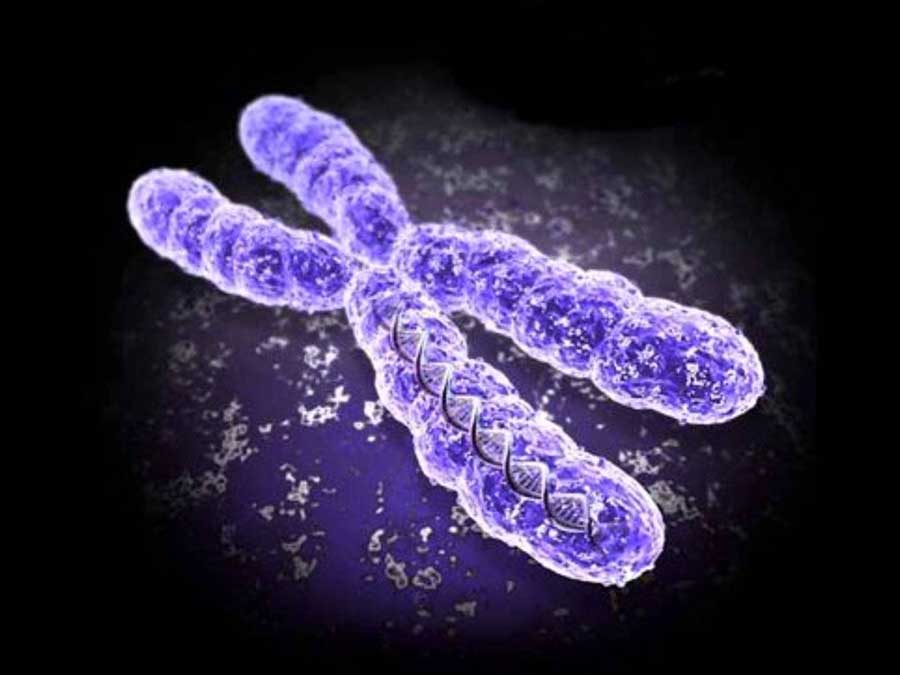Houston, Texas – A group of cancer researchers from Houston Methodist Hospital conducted a long-term medical trial using a new technique called “suicide gene therapy“. This technique combined with radiotherapy could be a promising treatment for prostate cancer. The findings were published in the journal of radiation oncology on December 12.
A total of 66 prostate cancer patients split into 2 groups participated in the Phase II clinical trial between 1999 and 2003. One group, designated as Arm A, was formed by patients with cancer cells confined to the prostate. They received radiotherapy and the gene therapy twice during the study. Patients with a more aggressive prostate cancer formed the other group, designated as Arm B.

The 62 patients in both arms who completed the clinical trial had remarkably high five-year freedom from failure rates. This means that there was no indication by biochemical testing of cancer recurrence, of 94% and 91%, respectively. 24 months after the treatment was fully administrated prostate biopsies were performed. The results were negative in 83% of Arm A patients and 79% of Arm B patients.
The scientist explained they used an adenovirus, similar to the one that causes the common cold, to carry the therapy agent, which was a herpes virus gene that produces the enzyme thymidine kinase, directly into the tumor cells. Once the herpes virus gene was delivered and it started manufacturing Kinase, they gave patients a commonly used anti-herpes drug. The combination attacked the herpes DNA, and the tumor cells self-destructed.
“We have created a vaccine with the patient’s own cancer cells, a treatment that complements, and may even enhance, what we can achieve with traditional radiation and hormonal therapies” said Brian Butler, M.D., chair of the Department of Radiation Oncology at Houston Methodist and senior author on the paper.
Dr. Butler believes this could change the way that cancer is treated. Besides showing strong results against the cancer cells, patients enrolled in the clinical trial showed little to no side effects or complications.
Scientists around the world are working day and night to develop effective and secure ways to treat all forms of cancer. Innovations in technology have led to the development of more individualized treatment modalities.
New types of drugs interfere with the development of cancer at the molecular level. This method is called targeted therapy and it works by blocking the growth and spread of cancer by inhibiting cancer cells from dividing or even terminating them directly. This therapy also promises to effectively treat the disease.
Source: Springer Link
